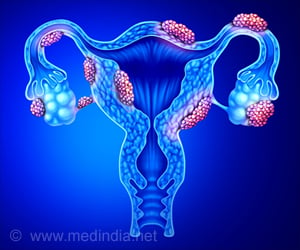More American mums are trying to breastfeed, but most do not continue it as long as they should, according to a new study.
A new study says that more American mums are trying to breastfeed, but most do not continue it as long as they should.
Breast milk is considered best for babies, because the fluid meets a baby's nutritional needs, is easily digested, and contains antibodies that prevent infections and other diseases, while also promoting the mother's health.Although 77 percent of mothers nationally start to breastfeed, the new Brigham Young University study showed that only 36 percent of babies are breastfed through six months, well short of the federal government's goal to hit 50 percent by 2010.
The American Association of Paediatricians recommends continued breastfeeding through the first year.
"Breastfeeding promotion programs encourage women to start but don't provide the support to continue," said Renata Forste, an author of the study.
Many personal characteristics, such as a mother's age and education level, influence whether a baby is breastfed. Surprisingly, the new study found that where babies live also plays a role.
"We are finding that breastfeeding rates aren't just explained by the individuals who live in these areas, there's something about the areas themselves and breastfeeding," said BYU co-author John Hoffmann.
Advertisement
Unfortunately, breastfeeding rates are lowest in areas where babies' health is considered most at risk.
Advertisement
"Where the need is greatest, breastfeeding happens the least. It's a sad irony both in terms of health needs and the expense these families incur buying formula," Forste said.
Hoffmann said the study suggests future efforts to increase breastfeeding rates could target specific communities and not just individual mothers.
The study is published in the August issue of the Journal of Human Lactation.
Source-ANI
RAS/S












